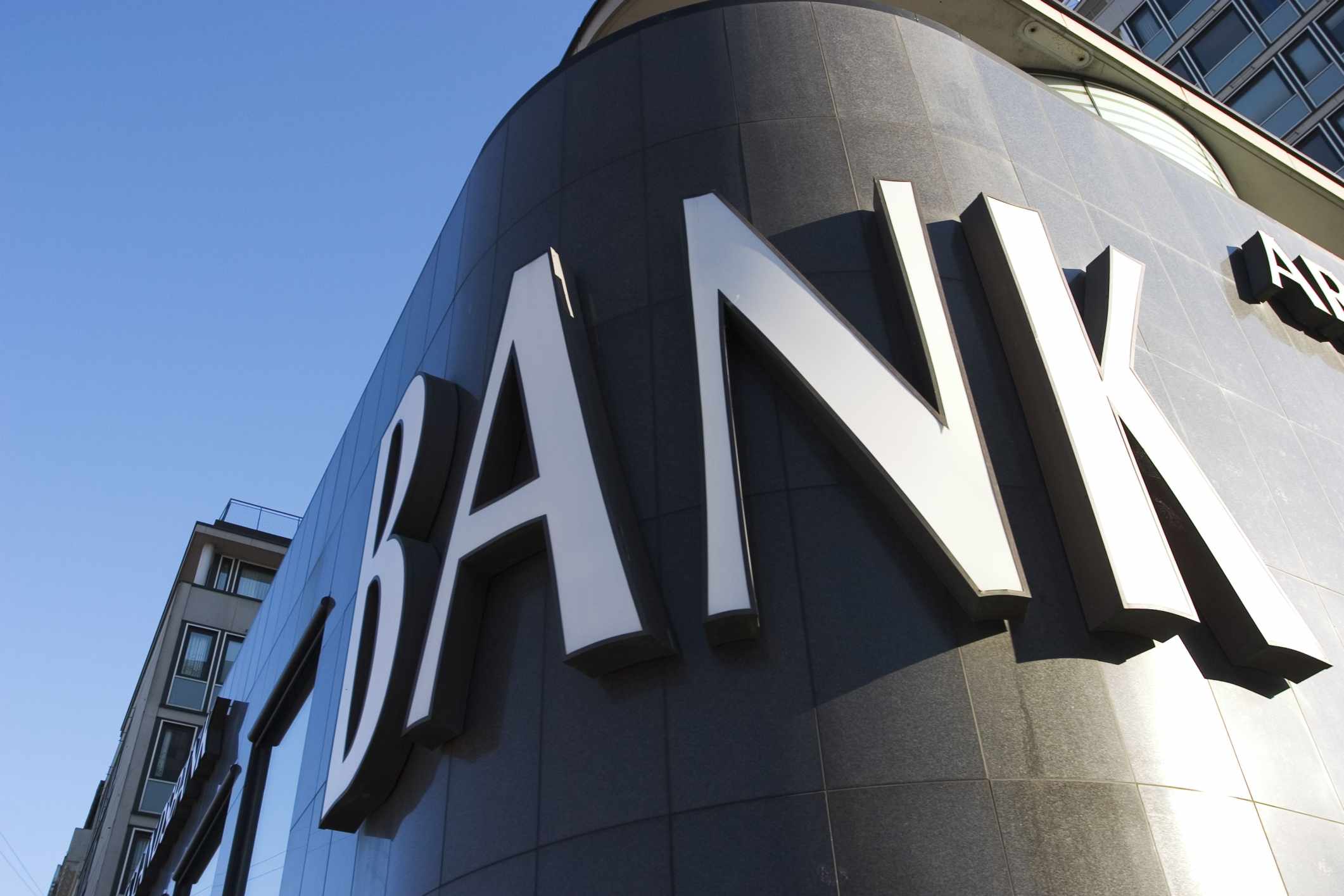For the subscribers of auto-debit facilities for bills, there can be glitches in processing the recurring bill payment after April. The Reserve Bank of India (RBI) earlier mentioned that customers for recurring transactions using debit cards, credit cards, Unified Payments Interface (UPI) or other prepaid payment instruments (PPIs) will need to have Additional Factor Authentication (AFA) from 1 April.
Under this new norm, banks will need to inform the customers in advance about recurring payment due. Only those transactions will be performed where there will be the assent of the customers.
Such steps mitigate the risk involved in card transactions. But, the non-readiness of some of the players could impact the services of recurring payments post-March 31. Payments for the charging of mobile phones, utility bills, subscription charges for OTT streaming platforms like Amazon Prime, Disney+Hotstar, Netflix is likely to be impacted by this new norm.
Get to Know the essential Norms related to Auto-Debit from April 1 laid down by Reserve Bank Of India in just 6 pointers.
1. The limit of transaction for auto-debit is ₹5000. Any transaction above it will need an additional one-time password. The Bank has to send the notification five days before such auto-debit payment is scheduled. The Bank will only process the payment if the customer approves. If the bank declines the automatic payment, the user will be needed to make a manual transaction on their own.
2. To avail the services of auto-debit from debit and credit cards or via wallets like Phonepe, Paytm etc., RBI has made additional factor authentication (AFA) mandatory for customers. In a statement, RBI said, “A cardholder desirous of opting for e-mandate facility on card shall undertake a one-time registration process, with AFA validation by the issuer.
3. For the processing of recurring transactions (domestic or cross-border) using cards or Prepaid Payment Instruments (PPIs) or Unified Payments Interface (UPI, On Dec 4, RBI had directed all the NBFCs, RRBs and Payment gateway to comply with new rules, else the payments will face glitches after March 31, 2021.
4. At Least 24 hours prior, the issuer has to send a pre-transaction notification to the user before the actual charge or debit to the account. RBI has allowed users to choose any mode like SMS, Email to receive such pre-transaction notification.
5. Since for the transaction, customers consent is a must. Hence, they have an option to “opt-out of that particular transaction”.
6. The issuer has to provide an online facility to the cardholders, supporting the withdrawal of e-mandate at any point. In addition to this, RBI put forth that “No charges shall be levied or recovered from the cardholder for availing the e-mandate facility on cards for recurring transactions.”
Auto-debit is a facility provided by financial institutions. In this facility, on a scheduled date, money is automatically transferred towards payment of recurring bills like credit card and utility bills.
Payments Council Of India (PCI) Chairman Vishwas Patel in a statement to PTI said, “All the ecosystem players, be it banks and payment gateways, are guilty of not taking RBI directive seriously from 2019 and not being able to come on a single platform, which we should have done at least a couple of months back, so that there could have been a smooth transition to the new way of doing recurring transactions.”

